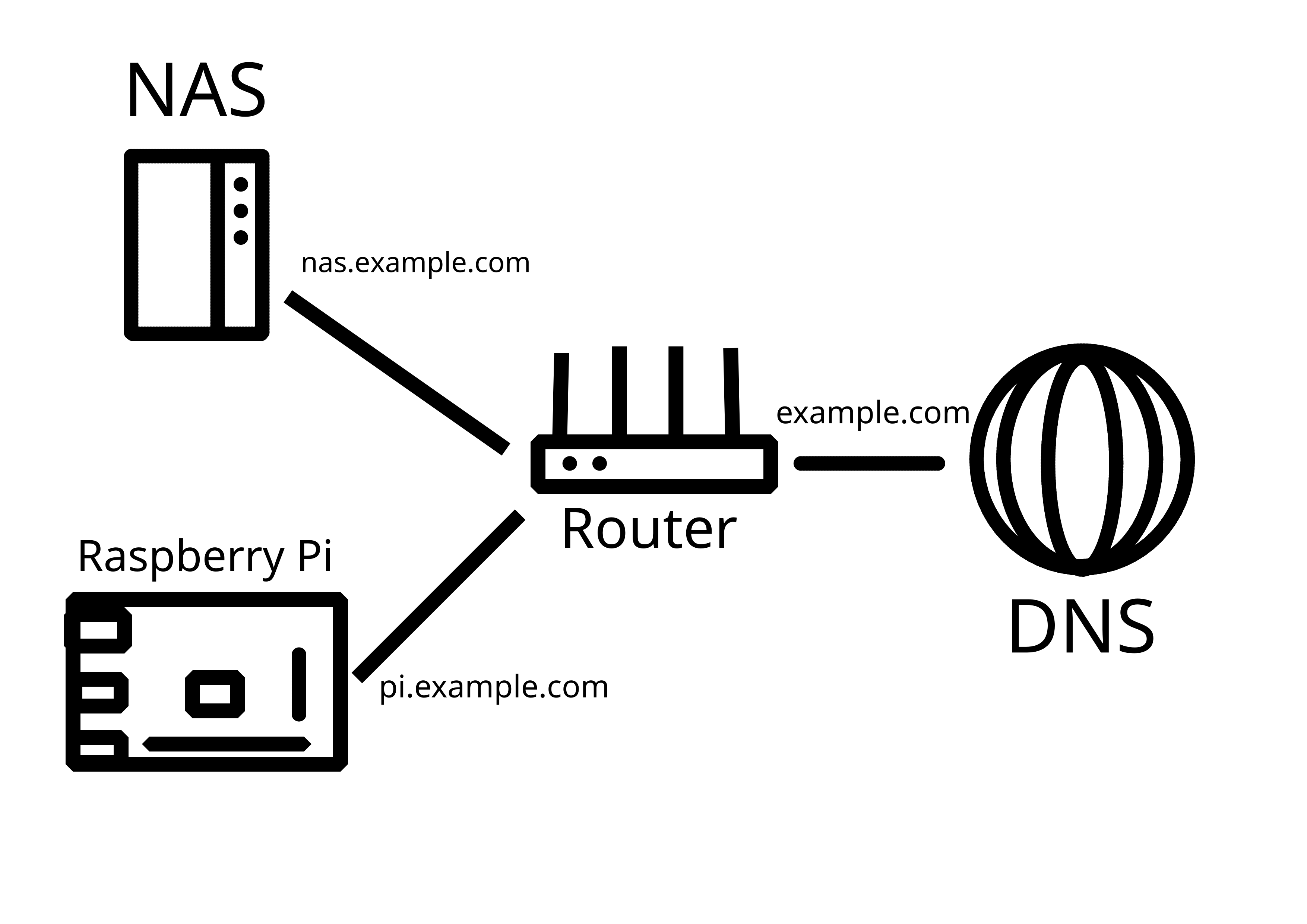Note: this is a take from an art, not politics, perspective. Respect the rules of the community!
Most of the dystopian genres in art, and especially visual art, try their best to represent the dystopian world as something very black, grey, uniform, with iron fences, barbed wires, and street shootings.
And that's while we know that dystopian world comes at us while trying to remain unnoticed, unimportant, to fly under the radar.
And it would be amazing to expose through art, storytelling, etc. To help players immerse in a world that's not so different from our own, while slowly showing to them what's actually happening, deconstructing the world to make players see what it's actually made of and what hides behind the facade of a normal everyday life.
I think this kind of representation of everyday dystopia could be helpful to prevent it from expanding in our very real world. People should learn to see signs of it without the common aesthetics.

For now he's a candidate from the Democratic party